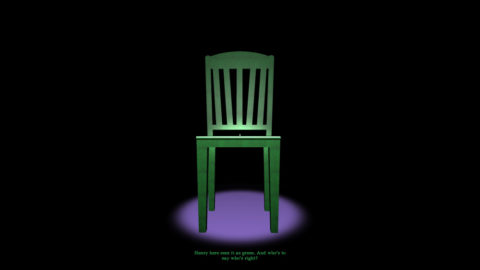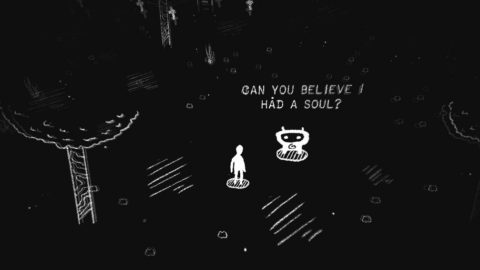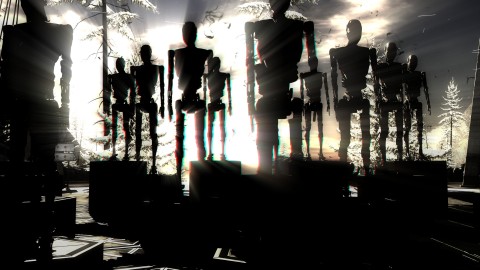
Thing-in-Itself brings Kant’s philosophical expression to videogames
Videogames and philosophy are hardly strangers. Look to BioShock‘s (2007) exploration of Objectivism, the Determinism of The Stanley Parable (2013), and The Talos Principle (2015) with its toying of Functionalism and Behaviorism (and many other philosophies). The interactive nature of videogames, along with their basis in manipulating systems and limitless virtual spaces, allow for them to serve as ideal capsules to teach players the doctrines of a philosophy. For the most part this is done implicitly—without prior knowledge, the player probably won’t realize that they have in fact been exposed to the concepts belonging to a certain philosophy. Rather than taking the Portal (2007)…







